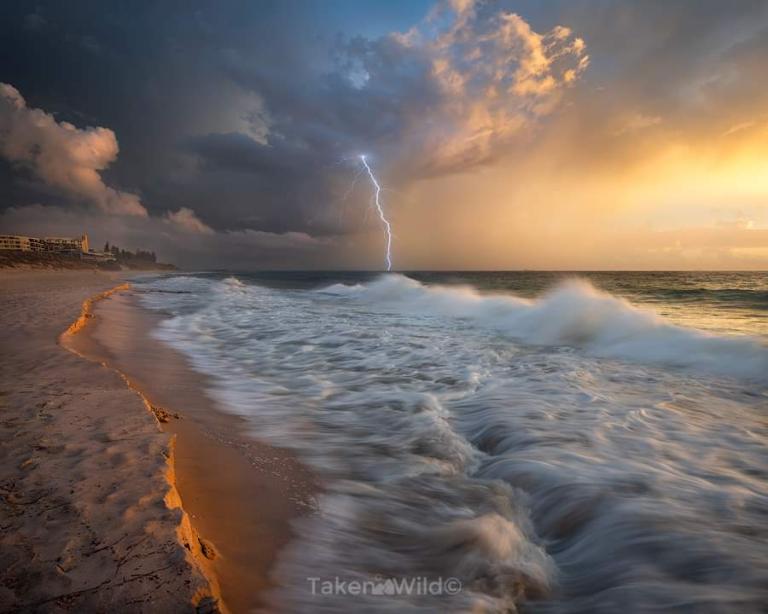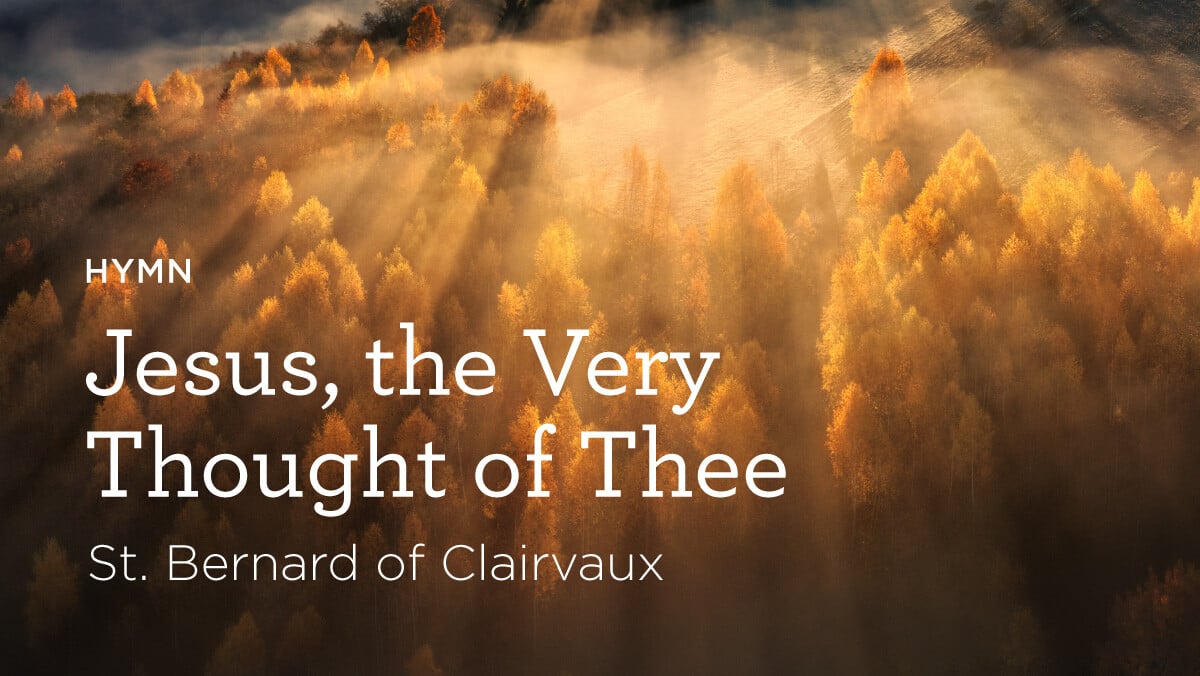Do you remember the phrase cock-eyed optimist? Well perhaps not, but it was a phrase used about persons who were or are overly naïve about their life, or their country, or their world. I am reminded of the famous speech of William Faulkner when he won the Nobel Peace Prize in 1969 in Amsterdam. Here is a portion of what he said, bearing in mind that he was speaking while the U.S. was in a land war in Vietnam, and our relationship with communist regimes in general was not good.
“Our tragedy today is a general and universal physical fear so long sustained by now that we can even bear it. There are no longer problems of the spirit. There is only the question: When will I be blown up? Because of this, the young man or woman writing today has forgotten the problems of the human heart in conflict with itself which alone can make good writing because only that is worth writing about, worth the agony and the sweat.
He must learn them again. He must teach himself that the basest of all things is to be afraid; and, teaching himself that, forget it forever, leaving no room in his workshop for anything but the old verities and truths of the heart, the old universal truths lacking which any story is ephemeral and doomed – love and honor and pity and pride and compassion and sacrifice. Until he does so, he labors under a curse. He writes not of love but of lust, of defeats in which nobody loses anything of value, of victories without hope and, worst of all, without pity or compassion. His griefs grieve on no universal bones, leaving no scars. He writes not of the heart but of the glands.
Until he relearns these things, he will write as though he stood among and watched the end of man. I decline to accept the end of man. It is easy enough to say that man is immortal simply because he will endure: that when the last dingdong of doom has clanged and faded from the last worthless rock hanging tideless in the last red and dying evening, that even then there will still be one more sound: that of his puny inexhaustible voice, still talking.
I refuse to accept this. I believe that man will not merely endure: he will prevail. He is immortal, not because he alone among creatures has an inexhaustible voice, but because he has a soul, a spirit capable of compassion and sacrifice and endurance. The poet’s, the writer’s, duty is to write about these things. It is his privilege to help man endure by lifting his heart, by reminding him of the courage and honor and hope and pride and compassion and pity and sacrifice which have been the glory of his past. The poet’s voice need not merely be the record of man, it can be one of the props, the pillars to help him endure and prevail.”
Perhaps you are not old enough to remember this speech, which came out as I was heading off to college. But I suspect today many would call this speech hopelessly naïve, watching wars in Ukraine and the Middle East spin out of control. I must confess that I do not have hope for the future based solely on the factors Faulkner mentioned about—namely because humans have a capacity for compassion and endurance. All human beings are fallen creatures, or to put it another way, sinners, and we live in perhaps the most narcissistic age and culture in the history of humankind. We live in the selfie age, where it’s all about me.
Rather than listen to Faulkner, and be naïve about human potential for good, I would rather listen to a WWI British Chaplain, Geoffrey Studdert-Kennedy who saw the horrors of trench warfare in Europe and yet was able to write his famous poem entitled Faith, which says:
| FAITH |
| HOW do I know that God is good? I don’t. I gamble like a man. I bet my life Upon one side in life’s great war. I must, I can’t stand out. I must take sides. The man Who is a man a neutral in this fight is not A man. He’s bulk and body without breath, Cold leg of lamb without mint sauce. A fool. He makes me sick. Good Lord! Weak tea! Cold slops! I want to live, live out, not wobble through My life somehow, and then into the dark. I must have God. This life’s too dull without, Too dull for aught but suicide. What’s man To live for else? I’d murder some one just To see red blood. I’d drink myself blind drunk, And see blue snakes if I could not look up To see blue skies, and hear God speaking through The silence of the stars. How is it proved It isn’t proved, you fool; it can’t be proved. How can you prove a victory before It’s won? How can you prove a man who leads, To be a leader worth the following, Unless you follow to the death–and out Beyond mere death, which is not anything But Satan’s lie upon eternal life? Well–God’s my leader, and I hold that He Is good, and strong enough to work His plan And purpose out to its appointed end. I am no fool, I have my reasons for This faith, but they are not the reasonings, The coldly calculated formulae Of thought divorced from feeling. They are true,- 6 -Too true for that. There’s no such thing as thought Which does not feel, if it be real thought And not thought’s ghost–all pale and sicklied o’er With dead conventions–abstract truth–man’s lie Upon this living, loving, suff’ring Truth, That pleads and pulses in my very veins, The blue blood of all beauty, and the breath Of life itself. I see what God has done, What life in this world is. I see what you See, this eternal struggle in the dark. I see the foul disorders, and the filth Of mind and soul, in which men, wallowing Like swine, stamp on their brothers till they drown In puddles of stale blood, and vomitings Of their corruption. This life stinks in places, ‘Tis true, yet scent of roses and of hay New mown comes stealing on the evening breeze, And through the market’s din, the bargaining Of cheats, who make God’s world a den of thieves, I hear sweet bells ring out to gayer, and see The faithful kneeling by the Calvary Of Christ. I walk in crowded streets where men And women, mad with lust, loose-lipped and lewd, Go promenading down to hell’s wide gates; Yet have I looked into my mother’s eyes, And seen the light that never was on sea Or land, the light of Love, pure Love and true, And on that Love I bet my life. I back My mother ‘gainst a whore when I believe In God, and can a man do less or more? I have to choose. I back the scent of life Against its stink. That’s what Faith works out at Finally. I know not why the Evil, I know not why he Good, both mysteries Remain unsolved and both insoluble.- 7 – I know that both are there, the battle set, |
(This poem is in Kennedy’s collection of poems called ‘The Unutterable Beauty” and is in the public domain, like Faulkner’s speech).
The reason I’m not a cynic about our current cultural and political malaise, is because of my faith in Christ, and his ability to change human lives from hopeless to hopeful, from faithless to faithful, from loveless to loving, and more. I like Sting’s line ‘I lost my faith in politicians/they all seem like game show hosts to me’, or worse in some cases they seem like pawns in the hands of the Liar in chief— Satan.
I do not believe in the syncretistic and false religion called Christian nationalism, which is neither Christian, as it is based on hatred and division, both of which are tools of the powers of darkness, nor is it true patriotism in a country that has on its statue of liberty ‘Give me your tired, your poor, your huddled masses yearning to breathe free” written by Emma Lazarus in 1883 to be placed on the pedestal on the statue. At least then we realized we are overwhelmingly an immigrant nation (with the exception of the native Americans—Indians), and immigrants are one of the things that has made this nation great. My great uncle was a doctor on Ellis island in the early 20th century and he saw so many of those immigrants coming into the country with nothing but their hope in their hands and a willingness to work hard and be Americans who believed in life, liberty, and the pursuit of happiness, the latter of which I would amend to ‘the pursuit of holiness’. My great uncle had great stories to tell about these immigrants which could be called ‘profiles in courage’.
It is a sign of the current sickness of our country that we want to blame most of our problems on immigrants. But think for a minute about the drug crisis in our country. Friends, the source of the problem is not primarily at the borders of our country but at the borders of our hearts. If Americans didn’t want dangerous drugs and were not willing to pay for them we would not be supporting the drug cartels in other countries. Period.
I write this at the cusp of perhaps our most important national election in our nation’s history. I hope the American people will use critical thinking and vote, even if they think they are voting for the lesser of two evils. As for me, I remember a line from a hymn and another from a famous missionary—
“My hope is based on nothing less/ than Jesus’ blood and righteousness…”
And in the words of a missionary facing possible death at the hands of those he was trying to share the Gospel with—‘the future is as bright as the promises of God’.
Amen and amen.












 English (US) ·
English (US) ·